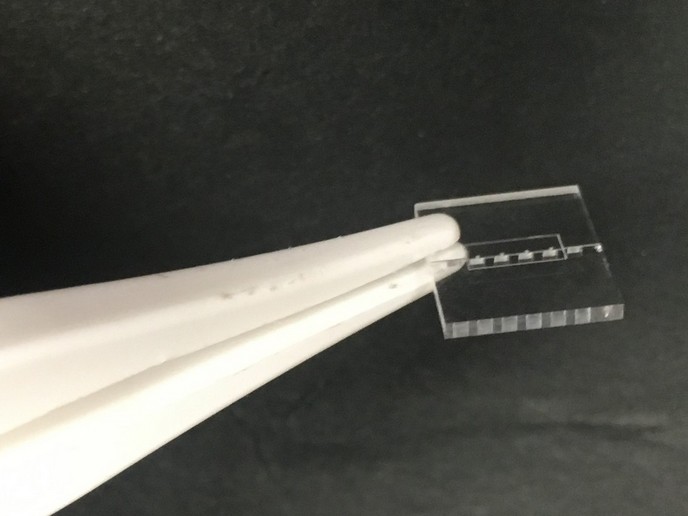Molecules on insulating films
Logic circuitry at the single-molecule level is expected to be the most probable candidate for the next generation of high-performance information processing devices. However, single-molecule devices have not been made practical since they were first proposed more than a quarter of a century ago. The main obstacles are difficulty in accessing a single molecule and the complicated electron states of molecules connected to electrodes. With advancements in microscopy and numerical simulations, the demonstration of single-molecule devices is closer to reality than ever. Within the project DECIMOL(opens in new window) (Decoupled insulator-supported molecules), researchers used a combination of three experimental techniques. Scanning tunnelling and dynamics force microscopy together with photoemission spectroscopy and calculations based on density functional theory offered valuable insights into molecule-semiconductor interactions. DECIMOL research focused on thin insulating calcium fluoride (CaF2) films grown on a semiconducting substrate of silicon (111). This insulator-on-metal system has proven in the past to be relevant in semiconductor devices, where it can form tunnelling barriers. Specifically, CaF2 was deposited on silicon (111) under vacuum conditions. Depending on the substrate temperature, different phases could be induced. On the insulator-on-metal systems, researchers placed comparably inert molecules, like perylene-3,4,9,10-tetracarboxylic dianhydride (PTCDA). Researchers identified different molecular assemblies between CaF2 and CaF1 thin films, where mostly single molecules were found on the CaF1 interface layer. The investigation of PTCDA orbital structures revealed the electronic coupling between molecules and conducting substrate across the insulating barrier. DECIMOL results will form an important basis for further studies on the decoupling of molecules from semiconducting substrates. Beyond fundamental research, the design of 'chemical hardware' for information processing depends on the successful coupling of single molecules to perform electronic functions.







